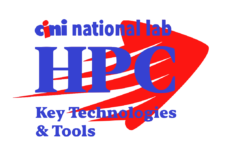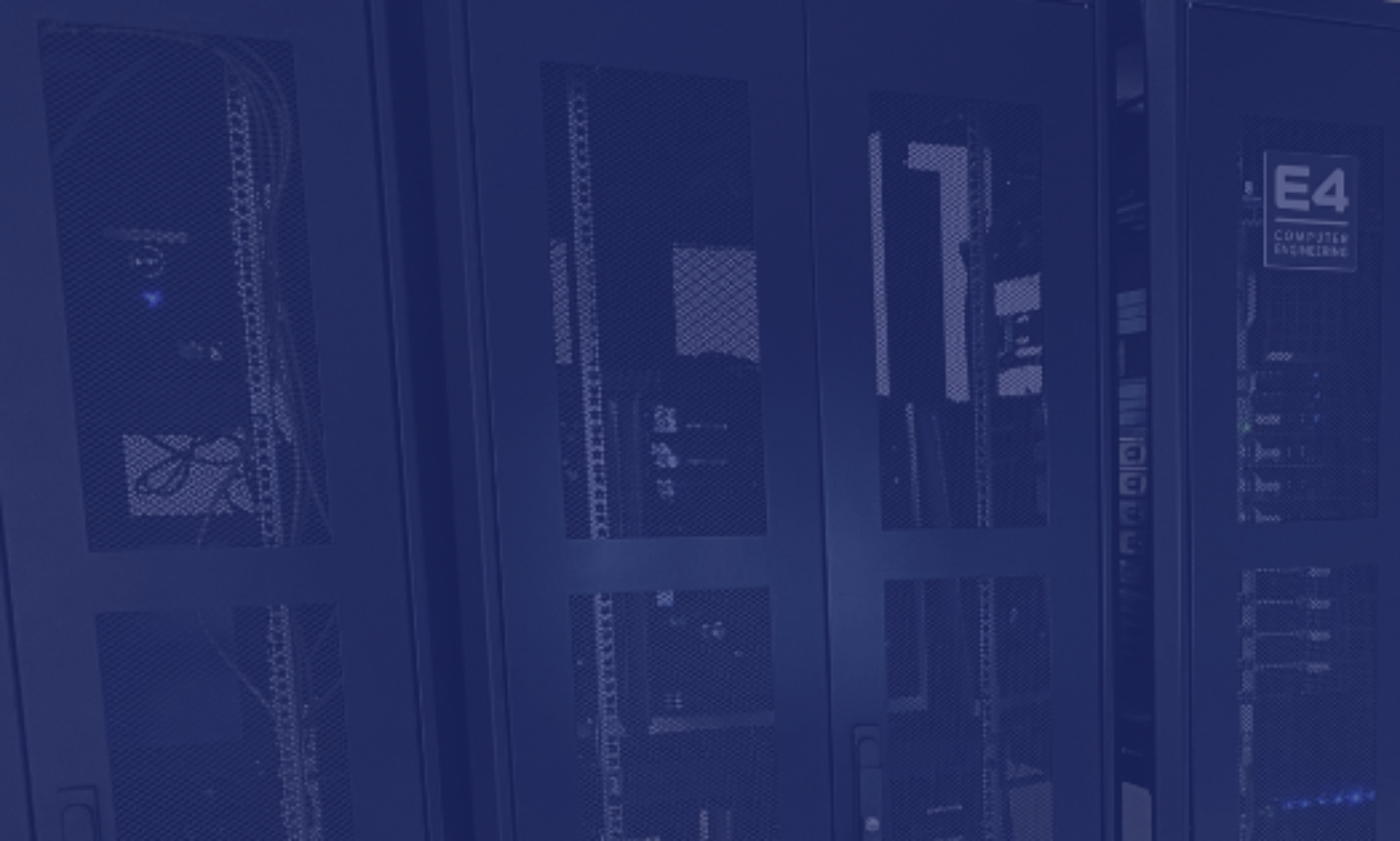Federated learning (FL) is a collaborative learning approach where multiple data owners, referred to as clients, train a model together under the orchestration of a central server by sharing the model trained on their local datasets instead of sharing the data directly. FL enables creation of more robust models without the exposure of local datasets. However, FL by itself, does not guarantee the privacy of data, because the information extracted from the communication of FL algorithms can be accumulated and utilized to infer the private local data used for training. We developed Advanced Privacy Preserving Federated Learning framework (APPFL), with advances in differential privacy, to enable Privacy-Preserving Federated Learning (PPFL). We enabled training of AI models in a distributed setting across multiple institutions, where sensitive data are located, with the ability to scale on supercomputing resources to help create robust, trust-worthy AI models in biomedicine and smart grid applications where data privacy is essential. Setting up a secure federated learning experiment that needs high performance computational resources across distributed sites requires technical capabilities that may not be available for all. To lower the barrier to entry for leveraging PPFL and to enable domain experts in large institutions to utilize FL, we created the Advanced Privacy-Preserving Federated Learning as a service (APPFLx), which enables cross-silo PPFL using easy to use web interface for managing, deploying, analyzing, and visualizing PPFL experiments. In this talk, we will describe APPFLx and adoption of the APPFLx to biomedical usecases.
Speaker

Ravi Madduri – Argonne National Laboratory
Ravi Madduri is actively involved in developing innovative software in the intersection of HPC/AI and biomedicine. His research interests are in building sustainable, scalable services for science, reproducible research, large-scale data management, analysis using HPC and AI. He leads the PALISADE-X project that is developing Privacy-preserving Federated Learning framework to build robust, trust-worthy AI models. He co-leads the MVP-CHAMPION project, which is a collaboration between VA and DOE and develops methods to perform large-scale genetic data analysis using DOE’s high performance computing capabilities, including methods for generating PRS scores in Prostate Cancer, genome-wide PheWAS on Summit supercomputer. Additionally, Ravi was one of three key contributors to the National Institutes of Health $100M Cancer Biomedical Informatics Grid (caBIG), which linked 60 NIH-funded cancer centers and clinical sites engaged in cancer research. For his efforts in project management, tool development, and collaboration, Ravi received several Outstanding Achievement Awards from NIH. For his work on “Cancer Moonshot” project, he received the Department of Energy Secretary award in 2017.
Event Timeslots (1)
Thu 19 – Accelerators
-
R. Madduri (Argonne National Laboratory)
wp_738037

